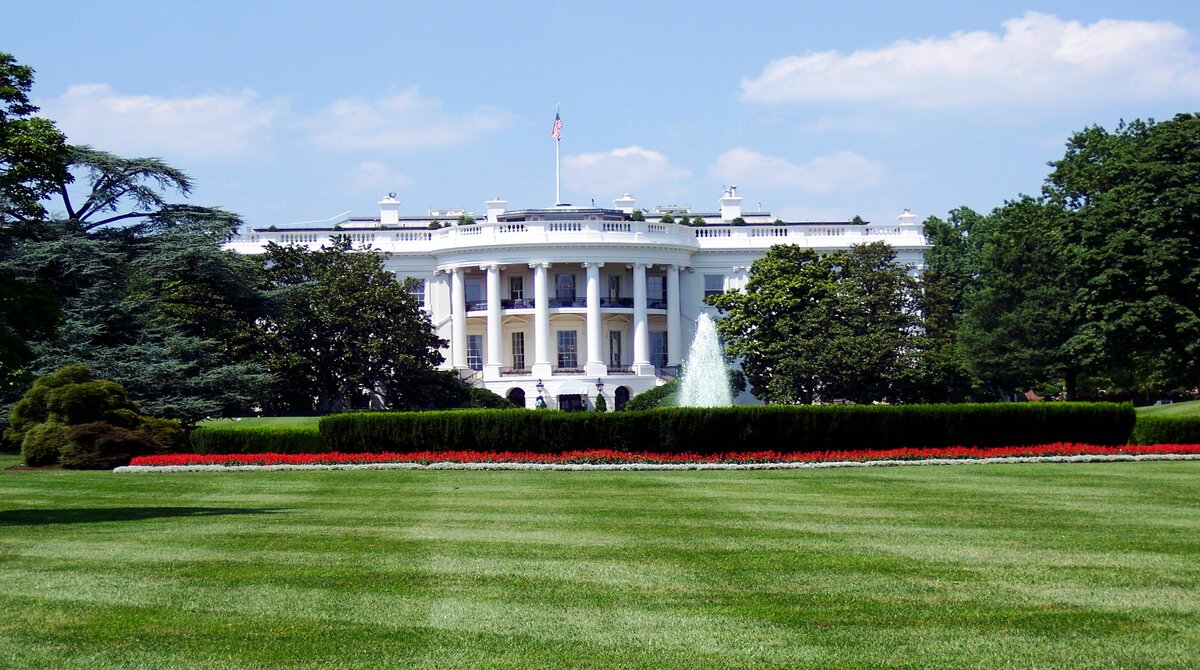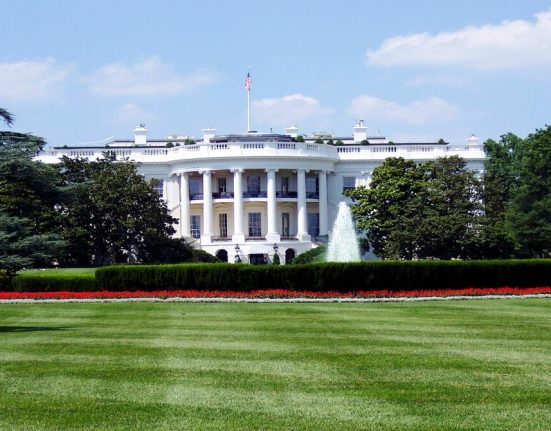Staying informed about current policies is more important than ever, as decisions made at the national level have a profound impact on our lives, families, and futures. In this “Daily Dose of Politics,” we’re breaking down some key initiatives the White House is focused on: healthcare, economic recovery, and education reform. With the goal of supporting Americans in these critical areas, each policy aims to address pressing needs in our communities.
Using tools like Nicshelle Farrow’s Civic Engagement Workbook can empower you to engage with these policies, understand their implications, and take meaningful action. With easy-to-follow exercises, Farrow’s workbook equips readers to navigate the political landscape, stay involved, and make their voices heard.
Healthcare: Expanding Access and Affordability
The White House’s ongoing healthcare efforts are centered around making healthcare more accessible and affordable. With a particular focus on expanding mental health services, reforming prescription drug pricing, and improving access for underserved communities, recent initiatives include:
- Lowering Prescription Costs: Proposals are in place to help reduce out-of-pocket expenses for medications, which could help millions of Americans, especially those with chronic conditions.
- Mental Health Support: New policies aim to increase funding for mental health services in both urban and rural areas.
- Telehealth Expansion: The continuation of telehealth coverage aims to make healthcare more accessible, allowing patients to receive treatment without the need for travel.
These measures reflect a broader commitment to ensuring that all citizens have access to affordable and quality healthcare, while addressing systemic gaps in the system.
Economic Recovery: Pathways to Stability and Growth
The White House has made economic recovery a high priority, with a focus on job creation, support for small businesses, and infrastructure investments. Key points in the economic plan include:
- Job Creation Initiatives: Investments in infrastructure projects are expected to create numerous jobs, including those in transportation, technology, and manufacturing.
- Small Business Support: Enhanced loan programs and grants aim to provide small businesses with the resources needed to recover and grow after the economic impact of the pandemic.
- Workforce Development: By increasing funding for job training programs, the goal is to equip Americans with the skills needed in today’s job market.
Economic recovery plans emphasize long-term stability, making it easier for individuals and businesses to thrive while building a stronger, more resilient economy for all.
Education Reform: Supporting Students and Teachers
Education reform is an essential part of current political efforts, with plans designed to improve educational resources, support teacher development, and increase access to higher education. The White House’s initiatives include:
- Increased Funding for Schools: By allocating additional resources to K-12 schools, the administration aims to reduce class sizes, provide up-to-date learning materials, and improve classroom conditions.
- Teacher Training and Development: There is a strong focus on equipping teachers with the tools they need to succeed, through professional development programs and mentorship opportunities.
- Access to Higher Education: Plans for increased scholarships and grants aim to make college more affordable, especially for students from low-income families.
These efforts reflect the belief that education is key to a thriving society, with a focus on preparing future generations to succeed and addressing inequities in the education system.
How to Stay Informed and Engaged
Being well-informed empowers you to be an active participant in these changes. Resources like Nicshelle Farrow’s Civic Engagement Workbook can help you understand how these policies impact your community and identify ways to get involved. Through exercises and educational content, this workbook helps readers understand the different branches of government, stay updated on relevant policies, and explore pathways to civic action.
To dive even deeper, here are a few reliable resources to help you stay informed about current politics and the workings of the U.S. government:
- The White House Website: Keep up with official announcements and policy updates. whitehouse.gov
- Congress.gov: Track legislation, learn about members of Congress, and follow voting records. congress.gov
- The Supreme Court’s Website: Get details on recent court decisions and learn more about the judicial branch. supremecourt.gov
- USA.gov: A hub for finding information on all branches of the federal government and how they operate. usa.gov
Using these resources helps you stay informed and deepen your understanding of the processes behind healthcare, economic recovery, and education reform. By engaging with these issues, we all play a role in shaping the future of our communities.

